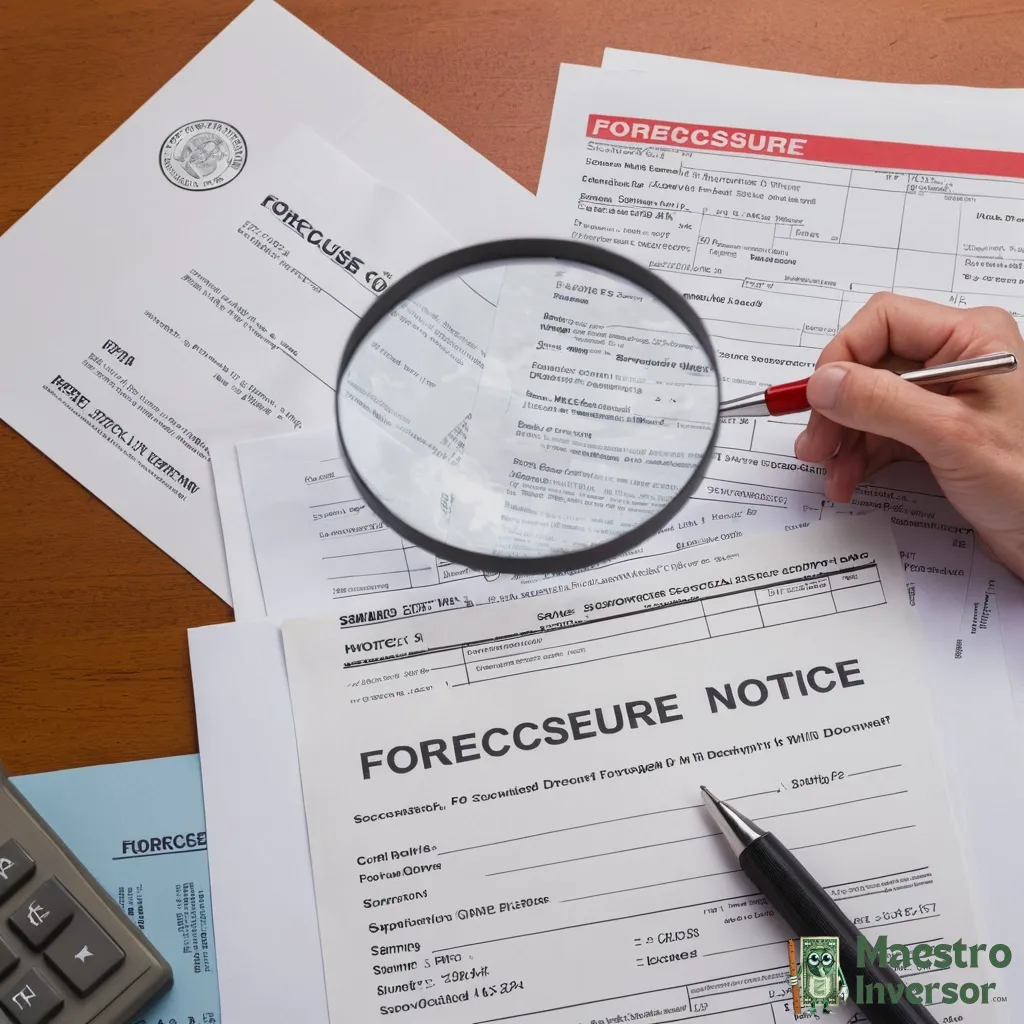
When a homeowner defaults on their primary mortgage, the lender has the right to foreclose on the property. However, this process can be complex, especially if there are multiple mortgages or liens on the property. One common scenario is when a homeowner has a second mortgage, also known as a junior lien, in addition to their primary mortgage. In this situation, the homeowner may wonder what happens to the second mortgage after foreclosure on the first.
Understanding the Hierarchy of Mortgages
In the United States, mortgages are prioritized based on the order in which they were recorded. The primary mortgage, also known as the first mortgage or senior lien, is typically the first loan to be recorded and has priority over any subsequent mortgages. The second mortgage, or junior lien, is recorded after the primary mortgage and is subordinate to it. This means that the primary mortgage must be paid off before the second mortgage can be satisfied.
How Foreclosure Affects Second Mortgages
When a lender forecloses on a property, it typically does so to satisfy the primary mortgage. However, this does not necessarily mean that the second mortgage is automatically wiped out. Instead, the second mortgage becomes a liability for the homeowner, and the lender may pursue the homeowner for payment. The following are some possible outcomes for second mortgages after foreclosure:
- The second mortgage lender may file a deficiency judgment against the homeowner, seeking payment for the outstanding balance of the loan.
- The second mortgage lender may choose to accept a deed in lieu of foreclosure, which transfers ownership of the property to the lender in exchange for the homeowner’s promise to pay off the outstanding loan balance.
- The second mortgage lender may participate in a short sale, where the homeowner sells the property for less than the outstanding loan balance and the lender agrees to accept the proceeds as payment in full.
Consequences for Homeowners
Homeowners who have a second mortgage and are facing foreclosure on their primary mortgage should be aware of the potential consequences. These may include:
- Damage to credit scores: Foreclosure and deficiency judgments can significantly lower a homeowner’s credit score, making it more difficult to obtain credit in the future.
- Liability for outstanding loan balances: Homeowners may still be liable for the outstanding balance of their second mortgage, even after foreclosure on the primary mortgage.
- Tax implications: Homeowners may face tax implications, such as cancellation of debt income, when a lender forgives or writes off a debt.
Options for Homeowners with Second Mortgages
Homeowners who are struggling to pay their mortgages and have a second mortgage should explore their options carefully. Some possible strategies include:
- Refinancing: Homeowners may be able to refinance their primary mortgage to a lower interest rate or extend the loan term, making it more affordable to pay their mortgages.
- Modifying the second mortgage: Homeowners may be able to negotiate a modification to their second mortgage, such as a reduced interest rate or payment plan.
- Selling the property: Homeowners may choose to sell their property to pay off their outstanding mortgage balances and avoid foreclosure.
State Laws and Second Mortgages
State laws regarding second mortgages and foreclosure can vary significantly. Some states, such as California, have laws that protect homeowners from deficiency judgments after foreclosure. In these states, lenders may not pursue homeowners for payment of outstanding loan balances after foreclosure. Other states, such as Florida, have laws that allow lenders to pursue homeowners for deficiency judgments. Homeowners should consult with an attorney to understand their rights and obligations under state law.
Seeking Professional Advice
Homeowners who are struggling to pay their mortgages and have a second mortgage should seek professional advice from a qualified attorney or financial advisor. These professionals can help homeowners understand their options, negotiate with lenders, and develop a strategy to avoid foreclosure and minimize financial damage. Some tips for seeking professional advice include:
- Consult with a non-profit credit counseling agency to develop a budget and plan to pay off debts.
- Work with a real estate attorney to understand state laws and regulations regarding foreclosure and second mortgages.
- Meet with a financial advisor to explore options for refinancing or modifying mortgages.
In conclusion, the fate of a second mortgage after foreclosure on the primary mortgage can be complex and depends on various factors, including state laws and the specific terms of the mortgages. Homeowners who are struggling to pay their mortgages and have a second mortgage should seek professional advice and explore their options carefully to minimize financial damage and avoid foreclosure.

